
What happens if we don't get a COVID-19 vaccine? Patrick Soon-Shiong, MD, describes another potential route for research efforts, which could also supplement vaccine development.

What happens if we don't get a COVID-19 vaccine? Patrick Soon-Shiong, MD, describes another potential route for research efforts, which could also supplement vaccine development.

One cardiologist speaks about what she witnessed in her NYC hospital including how the virus can be multi-organ and the development of COVID-19 diagnostic protocols.

A cohort assessment of New York-based deliveries from SARS-CoV-2 positive mothers showed no infants were infected nor symptomatic after 2 weeks.

A new modeling study reveals that transmission rates decline if people get their results early and quickly notify contacts of potential exposure.

Dr. Patrick Soon-Shiong and Dr. Adam Brufsky move on from the messenger RNA candidates to the adenovirus vaccines.
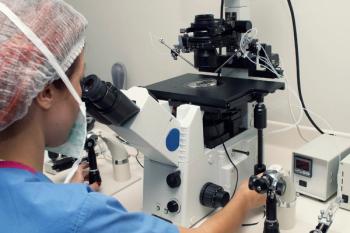
The federal agency gives approval for technology company’s test that supports unmonitored testing.

Dr. Patrick Soon-Shiong, Chairman and CEO of ImmunityBio, explains why T-cell immunity could be an important metric when evaluating experimental COVID-19 vaccines.
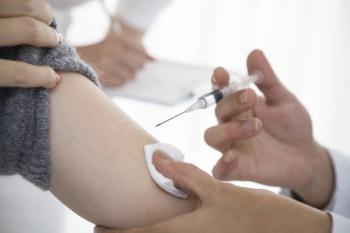
The randomized, placebo-controlled trial will be enrolling 30000 American adults to test the safety and efficacy of the codeveloped vaccine.
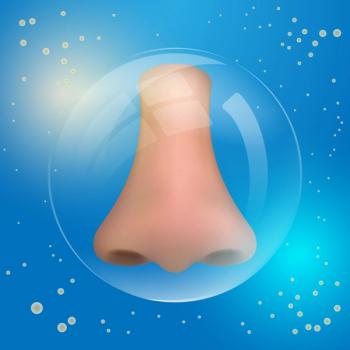
Researchers have identified which olfactory cell types are vulnerable to the virus.

FDA reissues LabCorp’s existing diagnostic test for EUA, which opens up testing protocol for anyone.

A round up of the week's infectious disease pipeline developments.

Weekly, we identify FDA product and drug recalls which have the potential to be clinically relevant.
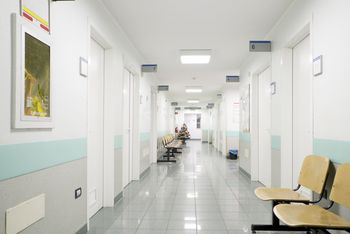
Stroke associated with SARS-CoV-2 infection appears to be more dangerous for patients relative to the baseline risk from stroke, according to a study published earlier this month.

The NIAID director offered nuanced advice on kids going back to school, getting to a baseline in the US, and how to prepare for the upcoming influenza season combined with COVID-19.

A discussion between providers on 3 studies related to the antiviral.

There is mixed international evidence about whether returning to school results in increased transmission or outbreaks, authors explained, and surges may be multiply determined.

Organizations believe the CDC is best positioned to collect, analyze and distribute information that is vital to research and response efforts.
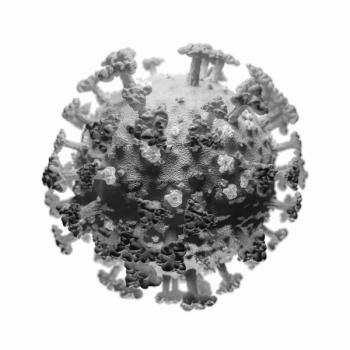
Although plasma levels of lopinavir increase as its metabolism is inhibited by inflammation in COVID-19, levels in the lungs remain subtherapeutic.

A small study reports no mother-to-newborn transmission of virus.
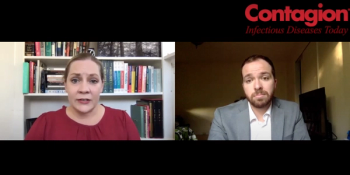
Angela Rasmussen, PhD, explains how preliminary findings for both candidates define their potential for preventing or lessening coronavirus.

Some ways of decontaminating N-95 respirator masks can degrade mask integrity, according to the authors of a recent study.

A benefit–risk analysis of health benefits versus excess risk of SARS-CoV-2 infection
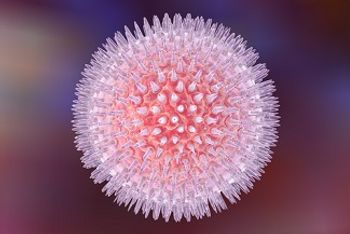
Microcephaly is not the only manifestation of developmental problems after antenatal exposure to the Zika virus. And even infants who appear normal at birth may display differences as they grow.

More COVID-19 patients were hospitalized with MIS-C in April than in March, a study finds.

Dr. Pol Vandenbroucke describes the individual and collective risks associated with rising antibiotic resistance.

Dr. Pol Vandenbroucke talks about what makes antibiotic stewardship so important to clinicians and researchers.
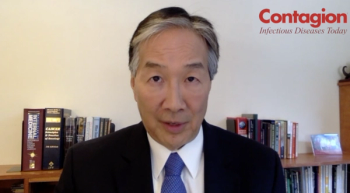
In this second installment of his interview, Howard Koh, MD, MPH, discusses the importance of providers and health care workers wearing face masks during their interactions with patients.

HHS is securing Pfizer and BioNTech’s BNT162 vaccine as soon as FDA approves.
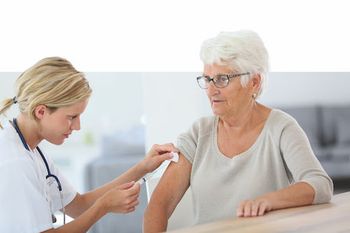
Shingles vaccination rates have risen from 6.7% in 2008 to 34.5% in 2018 among American adults 60 and older.
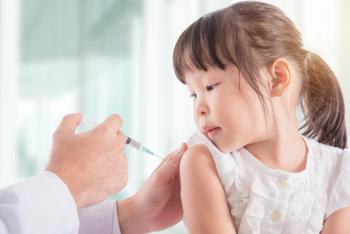
Many families fell behind on vaccines during the pandemic, but a study finds most clinics are available to schedule make-up appointments.